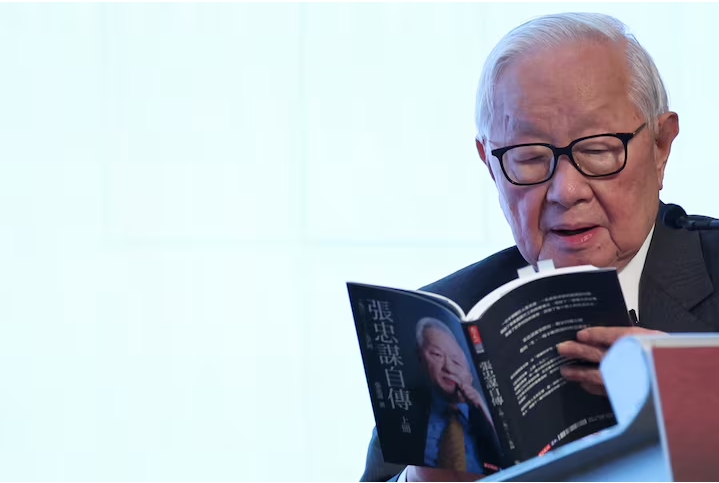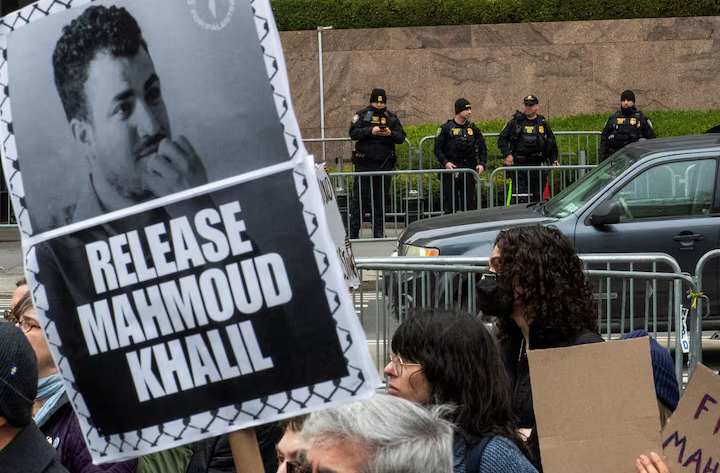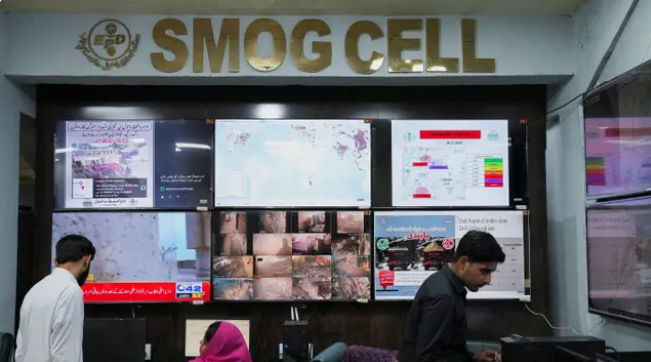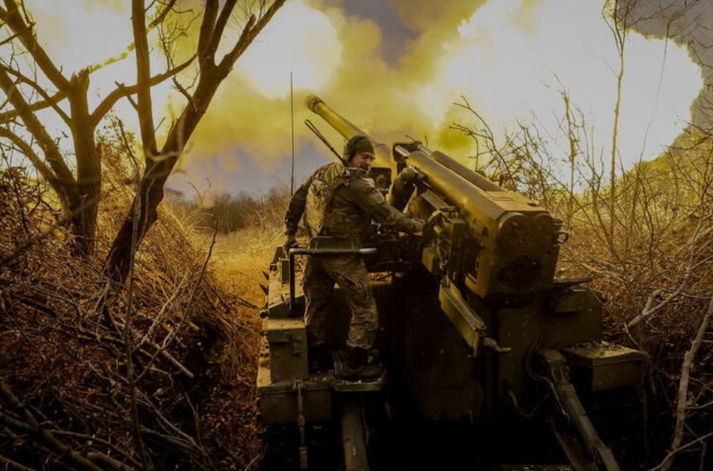Morris Chang, founder of TSMC, argued that Intel’s focus on traditional chip manufacturing over artificial intelligence (AI) has hindered its progress in the tech industry. He suggested that Intel's decision to pursue contract chipmaking was misguided, especially as competitors like Nvidia have surged ahead in the AI space. Chang’s commentary reflects Intel's struggle to reclaim dominance in a rapidly evolving market shaped by AI innovation.
Intel has faced significant challenges, including the abrupt resignation of its CEO, Pat Gelsinger, amid dissatisfaction over his turnaround strategies. Gelsinger's ambitious plans to modernize Intel's operations and strengthen its AI presence faltered, leaving the company trailing behind market leaders like TSMC and Nvidia. Critics within the company and industry experts have pointed to a bloated workforce and bureaucratic culture as key obstacles to Intel’s transformation.
Despite efforts to pivot toward AI, Intel has missed critical opportunities. For instance, the company declined a major investment in OpenAI in 2018, which could have provided a foothold in the AI boom. Meanwhile, rivals like Nvidia have capitalized on the AI revolution, growing into trillion-dollar giants by catering to AI-driven markets. Intel's sluggish response has led to sharp declines in its market value and relevance in the AI race.
Internal conflicts have further plagued Intel’s progress. Resignations of key board members and executives reflect growing frustration over its lack of agility and strategic misalignment. Lip-Bu Tan, a prominent board member, departed over disagreements about Intel’s approach to workforce reductions and AI investment. This discord underscores the deep-seated challenges Intel faces as it seeks to redefine its identity.
As competitors flourish, Intel must recalibrate its priorities to remain relevant. Experts suggest that embracing AI innovation over traditional chip manufacturing is not just strategic but essential for survival. Intel’s inability to act swiftly in this dynamic market has left it vulnerable, but a renewed focus on AI could help it reclaim its standing in the global tech landscape.





